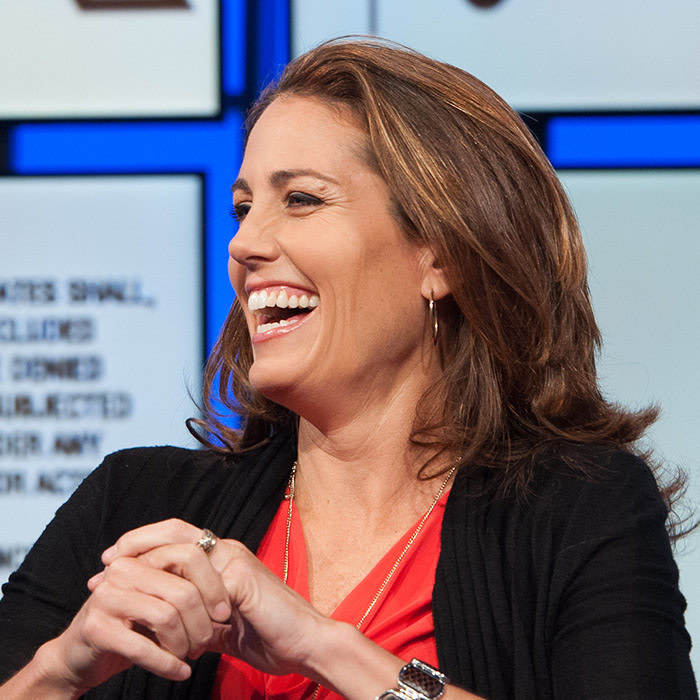For Becca Roux, Executive Director of the US Women’s National Team Players Association (USWNTPA), working for the USWNTPA has been the opportunity of a lifetime, marrying two of her passions – soccer and women’s equality issues. After receiving her JD-MBA from the Northwestern School of Law and Kellogg School of Management and working as a consultant at McKinsey & Company, she was appointed the USWNTPA’s Executive Director on February 4, 2017 – in time to help the U.S. Women’s National Soccer Team negotiate their current Collective Bargaining Agreement (CBA). Twenty-three in-person negotiation sessions later, both U.S. Soccer and the Players Association ratified a new 5-year CBA on April 4, 2017.
Below, Roux talks about what she and the Women’s National Team Players Association have learned from their tough negotiations and shares lessons anyone can apply to better their own situations.
1. Be a visionary for yourself.
A first step in a successful negotiation is having a vision for yourself and what you want. Prior to the USWNTPA’s CBA negotiations, the players articulated a clear vision for what they wanted not only for themselves, but also for the Players Association and the future of the game. While there was much on-the-field and off-the-field success to build on from the past, the players and I felt that the women’s team had been an undervalued asset. Therefore, just like any other start-up company, we had to be the visionaries for ourselves to be able to see something that had not yet been proven.
2. Expand the Pie.
On February 4th, my first day on the job, the players, lawyers, and I sought to reset the tone of negotiations in a way that was in line with the aspirational vision that the players had set for themselves. We asked, “How do we expand the pie so that it is not just a zero-sum game?” Both during our CBA negotiations and since, we’ve been working on how to create holistic abundance through collaboration and a belief that opportunities for one group or person do not come at the expense of others. Seeking win-win, optimal solutions means more potential for success for all.
3. Surround yourself with the right people.
One of the most important things the players have done during the past couple years is to surround themselves with a team of USWNTPA lawyers, staff and advisory board members who believe them, believe in them and fight for them. The players trusted their transformed USWNTPA team of experts to help them execute their vision. It is imperative to have a team of mentors and advisors that ‘gets it’ on your side, both in the negotiating room and in your preparations leading up to it.
4. Be patient, and resilient.
Negotiations can be difficult, especially when trying to bring about drastic change. Change is hard, takes time and requires resilience. It’s one thing to desire change and another to have the persistence, patience and perseverance to stay the course and endure that change. During the CBA negotiations and many days since, the players and I have often felt like we were fighting a million uphill battles a day. During those times, it is important to accept where you are, keep sight of the vision and prioritize some restorative self-care – whatever that may be for you personally.
5. Consider the ripple effect.
During the tough moments, one of my motivations was to remember the potential ripple effects of our actions. For many, including me, it can be hard to negotiate for yourself, but often easier to negotiate for others. You can find strength in negotiating for yourself if you ask, “How could this have ripple effects on other women and disenfranchised/under-represented groups in the future?” The hope is that by fighting a battle today, somebody else doesn’t have to fight it in the future. It’s important to seek to understand the situation of those around you and to advocate for your colleagues when you feel there is disparity. We hope that our efforts seeking disruptive change and societal progress serve as inspiration for women and men more broadly.




